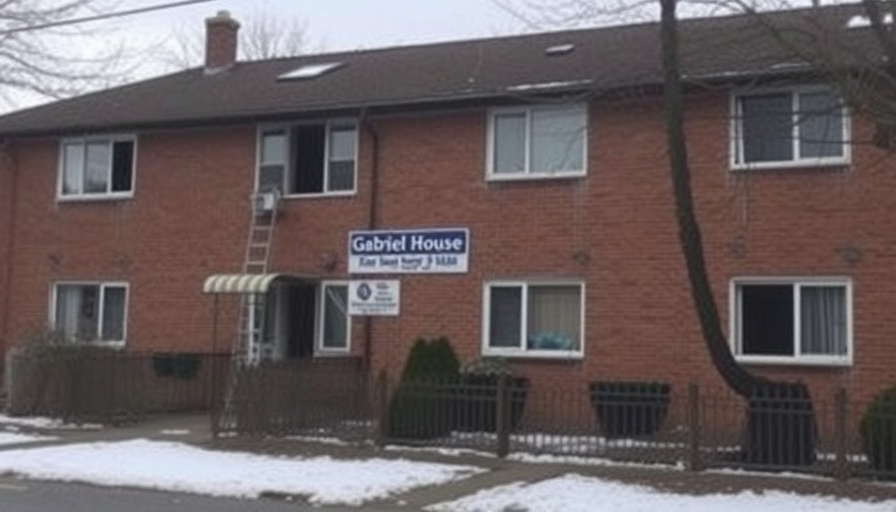
New Opportunities in Homeownership for Massachusetts Residents
In a move aimed at broadening access to affordable housing, the Revere Affordable Housing Trust Fund (AHTF) recently voted to increase its Area Median Income (AMI) guideline for its First-Time Homebuyer Downpayment Assistance Program. The board, led by Chair Joseph Gravallese, convened on June 11th, highlighting a pressing need for affordable housing within the community.
Understanding the Updated AMI Guidelines
The AHTF's decision to lift the income cap for eligibility from 80% of AMI to 100% represents a significant change for potential homebuyers. With this adjustment, the income limit for a family of three jumps from $119,000 to $148,900, effectively expanding the eligibility pool. This move aims to address the stagnation in home purchase transactions that many potential buyers have experienced due to rising housing prices and high interest rates. As Gravallese remarked, despite allocating $10,000 grants for down payments, many prospective buyers have struggled to find homes within their financial reach.
The Importance of Affordable Housing
Massachusetts residents find themselves navigating a challenging real estate market, especially in cities like Revere, where housing costs have swelled. The urgency of securing affordable housing is reflected in the high demand for programs like the AHTF assistance, which are designed to help residents achieve homeownership. Expanding the AMI eligibility criteria not only encourages a more diverse array of families to apply but also revitalizes the real estate market by potentially increasing transaction numbers.
Insights from Board Discussions
During the meeting, board member Dean Harris raised critical questions regarding the parameters of the state program that funds the AHTF's initiatives. Specifically, whether limitations only allowed for lower-income applicants, or if an increase to those at 100% AMI would violate AHTF's core mission of supporting lower-income families. The answer revealed a broader discretion in fund allocation, allowing the trust to adapt its strategies in response to current economic pressures.
The Community Impact
This policy shift is not merely a bureaucratic adjustment; it resonates deeply within the community. As local realtor Judy Gosselin awaits confirmation for her role on the board, her insights may soon play a pivotal role in understanding market dynamics and the needs of first-time buyers. Community engagement and input from real estate professionals can provide valuable perspectives, ensuring the AHTF's strategies align with the reality on the ground.
Looking Ahead
As Massachusetts grapples with housing challenges, the AHTF's initiative could pave the way for broader reforms in affordable housing policies. The steps taken now might reflect a template for future housing assistance programs across the state, especially crucial in areas facing similar affordability crises. Looking ahead, expanding financial support to those at 100% AMI can not only ease individual housing burdens but can also stimulate economic growth through increased homeownership rates.
Call to Action
As residents of Massachusetts, it is essential to stay informed about these changes and leverage available resources for homeownership assistance. By engaging with local housing authorities and utilizing programs such as the AHTF's First-Time Homebuyer Downpayment Assistance, you can take actionable steps towards your homeownership journey. To find out more about how these grants can empower your aspirations, connect with local housing organizations and explore your options today.
 Add Row
Add Row  Add
Add 




Write A Comment